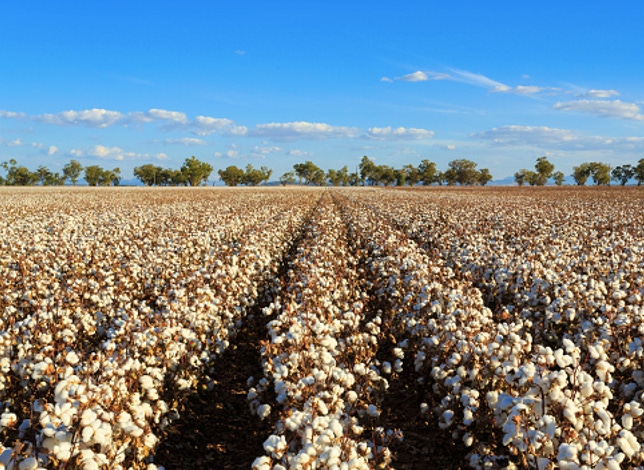August 3, 2021

Sponsored Content
Timely rains and irrigation are critical to crop production in the Southwest. But no farmer wishes for a profusion of moisture when it comes to nitrogen management. Wet weather can lead to leaching and nitrate losses that hit the pocketbook and the environment.
Leaching and denitrification are two of the major factors that challenge effective nitrogen fertilizer management, especially in saturated, lighter or sandier soils, confirm University of Nebraska Extension soil and nutrient specialists.
“Farmers need to protect nitrogen investments, including anhydrous, UAN and urea, to keep nitrogen in the root zone longer and give crops the chance to absorb valuable nitrogen,” said Jason Perdue, Wilbur-Ellis branded technologies territory manager.
To minimize nitrate leaching, University of Missouri Extension specialists recommend avoiding overapplication of fertilizer nitrogen and timing applications to when the crop most needs nutrients. Other Missouri Extension recommendations include avoiding fall anhydrous or urea nitrogen applications in warm soil without a nitrogen stabilizer/inhibitor, as well as considering the use of a nitrogen stabilizer/inhibitor to slow the conversion of spring-applied nitrogen to nitrate. Warm temperatures can convert nitrogen to nitrate more quickly.
“This is a proven nitrogen management option for urea and ammonium-based fertilizers. Nitrification inhibitors slow down or delay the nitrification process and the possibility that large losses of nitrate will occur before plants can use it,” said Perdue. “For example, I've been using NDURE DCD since 2019 to help growers ensure nitrogen stays in the root zone where the plant can use it, whether that is fall applications for winter wheat or spring applications for other crops.”
Perdue stresses that dicyandiamide (DCD) is commonly used in fertilizer to slow conversion of ammonium to nitrate and lessen the possibility of leaching. As one of the most studied and proven nitrogen stabilizers, farmers are eligible to use DCD in Natural Resources Conservation Services (NRCS) Conservation Stewardship Program applications.
“NDURE DCD is a great way to protect your nitrogen investment and keep nitrogen where it's needed in the root zone,” he says. “The main advantage is increased crop yields. Other benefits have included lower nitrogen use and less nitrate leaching out of the root zone.”
Perdue advises farmers to follow the four Rs of stewardship when it comes to nitrogen applications, using the right source at the right rate and time in the right place.
“It's an investment in your nitrogen program, an investment in your fertilizer program. Most years there is a benefit,” he says. “It directly aids profitability.”
About the Author(s)
You May Also Like




